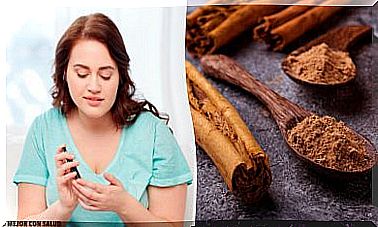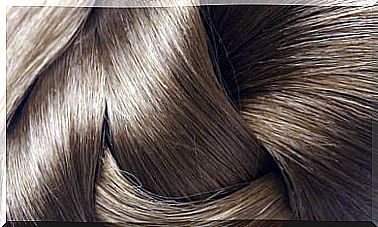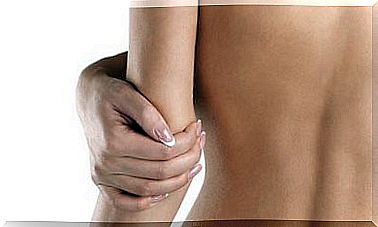How To Make And Use Lavender Oil?
Lavender oil is a product that has become popular for its interesting applications in cosmetics and natural medicine. It is also one of the favorites when it comes to aromatherapy sessions because it is very pleasant to smell and also helps to relax the mind and body. Did you know that you can prepare it yourself at home?
Although nowadays you can buy lavender oil in herbalists, cosmetics and pharmacies, many prefer to prepare it at home to take advantage of the plant directly. Therefore, we invite you to discover how to prepare it and its main applications.
Lavender characteristics
Lavender or lavender is typically a showy purple flower plant. These are used to extract an essential oil rich in linalol, geraniol, linalin, saponins and borneol, which make it essential in cosmetics and traditional natural medicine.
According to information published in Phytotherapy Research , although the studies are not entirely conclusive, this product is attributed anti-inflammatory, antiseptic, carminative, antifungal and sedative properties. It can even be beneficial in case of burns and insect bites.
How to make lavender oil?
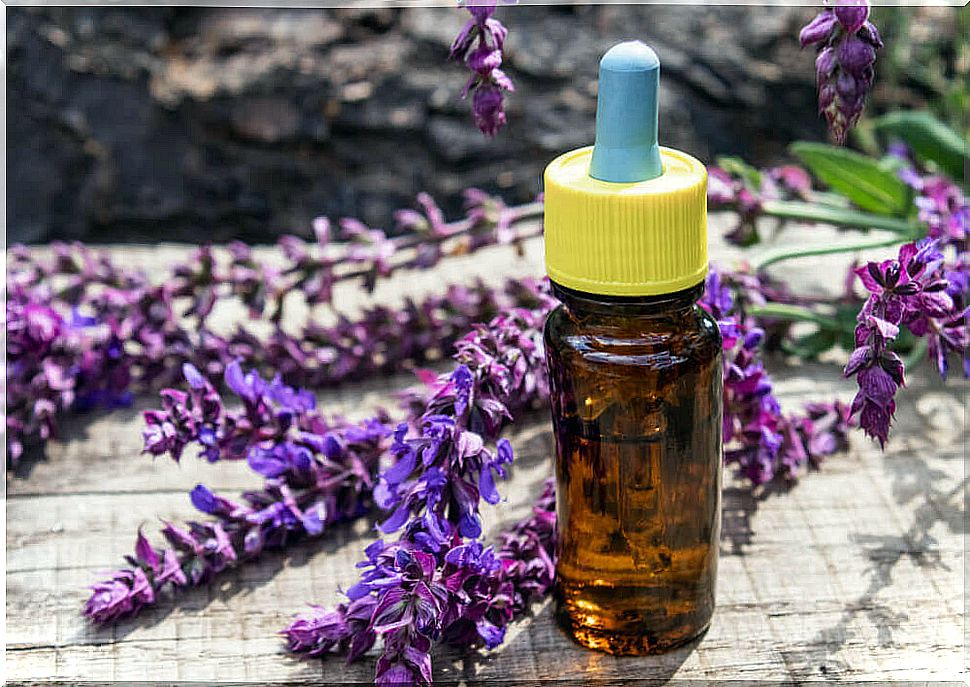
According to farmers, lavender should be collected in bundles, when its flowering period begins. You can let them dry in a cool, dark room until you need it.
Materials
- Dried lavender flowers.
- Olive or sunflower oil.
- 1 small glass jar.
Process
- Place the lavender flowers in the glass jar, add the oil and let them marinate in the sun for 3 days.
- After this period, shake the contents and transfer it to another jar using a fine strainer or a coffee filter. And that’s it!
Important note: remember that essential oils should never be ingested. Test your sensitivity by putting a few drops of the product on a cotton ball and passing it over the forearm. If there is a reaction, avoid using it.
How to use lavender oil?
The applications of lavender oil are varied, since it is usually used against skin problems, anxiety problems and certain ailments. However, it is essential to bear in mind that it is not a remedy to replace the treatments prescribed by the doctor and, if possible, it should be used with professional supervision.
Against the pains
The topical application of lavender essential oil is beneficial against the relief of some common ailments. For example, research published in The Journal of Alternative and Complementary Medicine , determined that, combined with sage and rose, it can mitigate menstrual cramps.
Accelerate wound healing
Research published through BMC Complementary and Alternative Medicine endorsed the benefits of lavender oil on the skin’s healing process.
According to the findings, the topical application of this product aided in collagen synthesis and fibroblast differentiation, which improves healing in early stages.
For the hair
Topical application of lavender oil combined with other essential oils may help treat hair loss.
According to a study published in the Archives of Dermatology , individuals who rubbed in the essential oils of lavender, thyme, rosemary, and cedarwood achieved hair regeneration over a 7-month period, reducing excessive loss.
Against anxiety
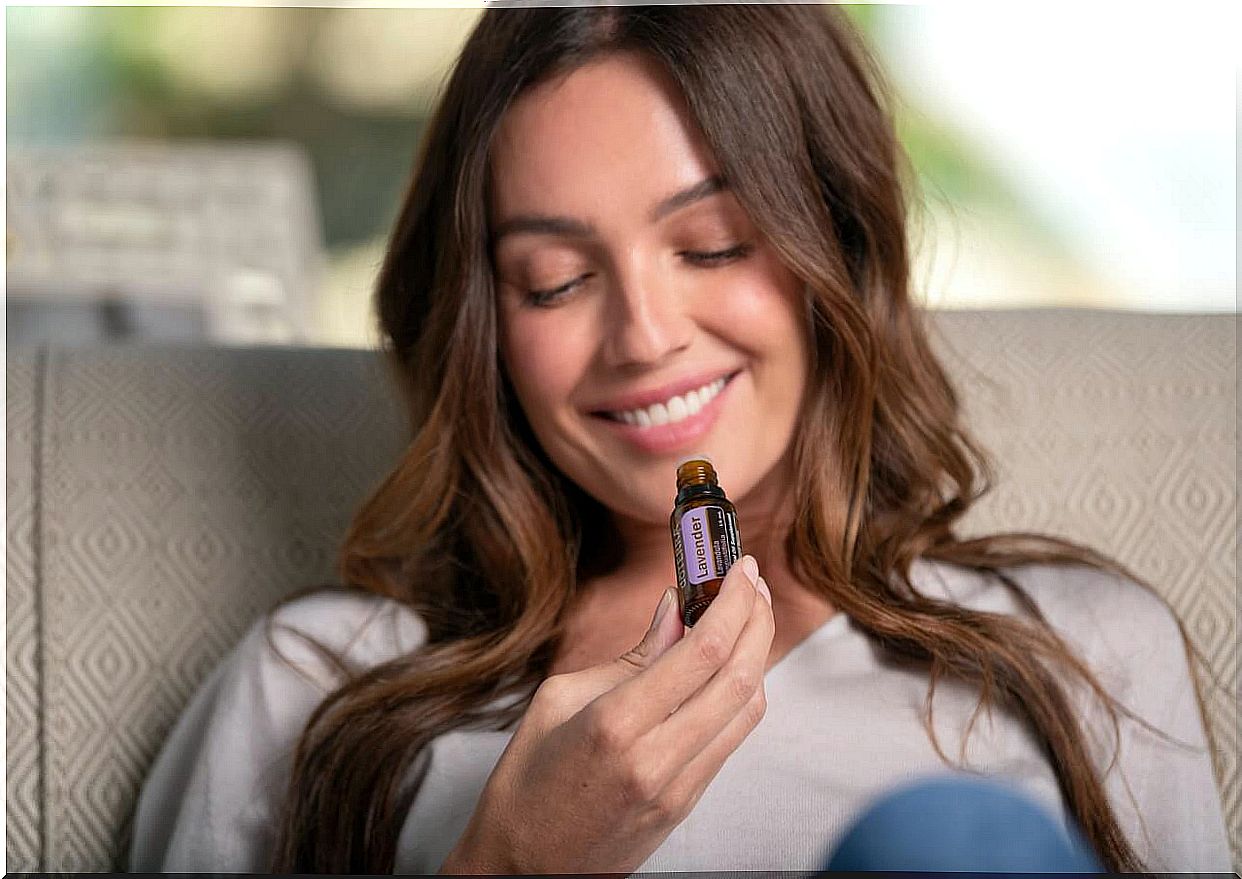
As a publication through the Mental Health Clinician highlights , lavender essential oil has an extensive anecdotal history of anxiolytic benefit that is currently being supported by several clinical studies.
According to this text, this essential oil shows many properties of an anxiolytic, including a calming effect without sedation. Therefore, it turns out to be a good supplement for patients with anxiety disorders.
However, given the lack of studies regarding dose and safety, it should be used with caution. In this case, its form of use is usually aromatherapy.
Care when applying it to the skin
Remember to avoid using pure essential oil on your skin. If you want to take advantage of its properties as a complementary treatment, dilute it in water or mix it with a carrier oil, such as almond or olive. You can also dilute it in the bath water, when you are going to do foot baths.
Also, don’t forget that the evidence for lavender oil is limited and does not establish its safe use. Therefore, you should use it with caution, only in order to complement the conventional treatment.


